Why is it necessary to revalidate Working Standards?
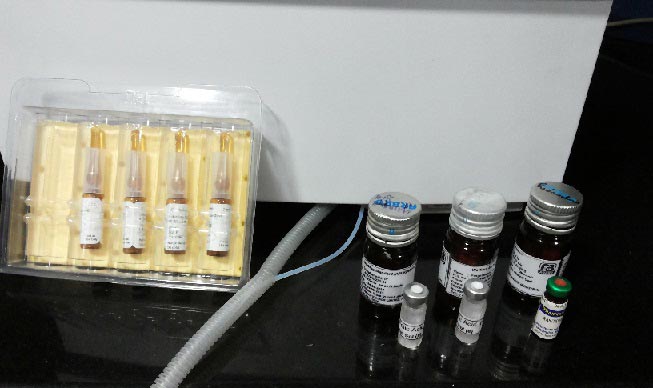
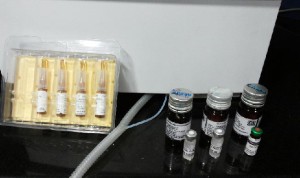
Analysis results are always reported against working standards which have been validated against certified reference materials. A certified reference material is very expensive and is procured in small quantity from a standards body having global recognition. Due to the high cost it is not possible to use certified reference materials every time so a working reference standard is prepared bearing reference to the original certified reference material..
Always remember to use a working standard only during its validity as changes do take place in its properties over time. If you have entered the wrong potency of an expired standard in your calculations your analysis results are bound to go wrong. For this reason the working standards are always revalidated at prescribed intervals.
Changes in the characteristic properties of working standards are numerous and could result from:
- Non-maintenance of recommended storage conditions such as temperature and humidity which can lead to faster degradation of the standard
- Some light-sensitive materials undergo degradation due to exposure to light
- Contamination during use of unclean spatula and storage vial.
- Contamination due to return of used standard into the container after weighing.
Revalidation may include analysis of standard for assay, loss on drying, water content, physical description, solubility, heavy metals, sulphated ash, pH, specific optical rotation, melting point, and other characteristics as per requirements of individual standards.. After revalidation the records should be documented and the new standard stored in an amber coloured vials with proper labels giving standard details such as
Name
Working standard number
Assay
Date of preparation
Expiry date
Storage conditions
LOD/ water
Valid up to
Approved by
The shelf life of the working standard is fixed at one year from date of preparation but for some standards depending upon their characteristics the validity date can be different.
Access to working standards should be limited and a logbook maintained on usage of each working standard
If you take proper care on usage and storage of working standards they will remain stable during the validity and provide reliable results every time.
Please share your views and offer your comments on the article.

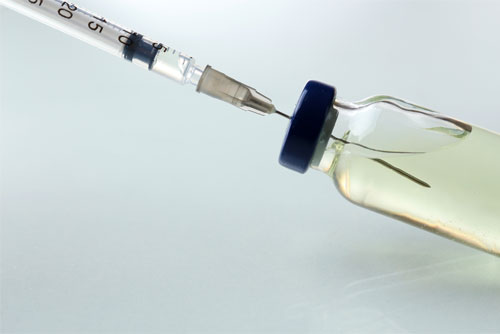
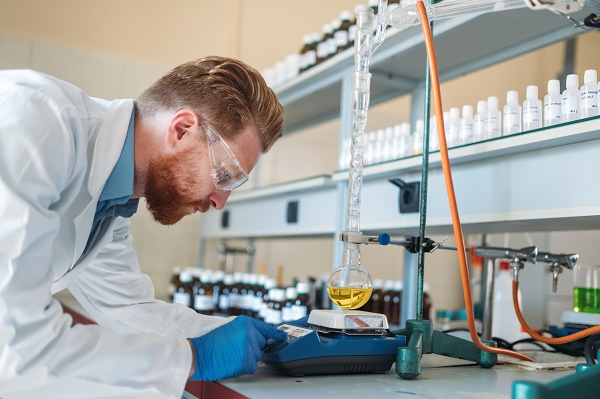
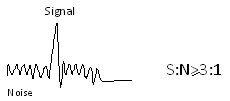

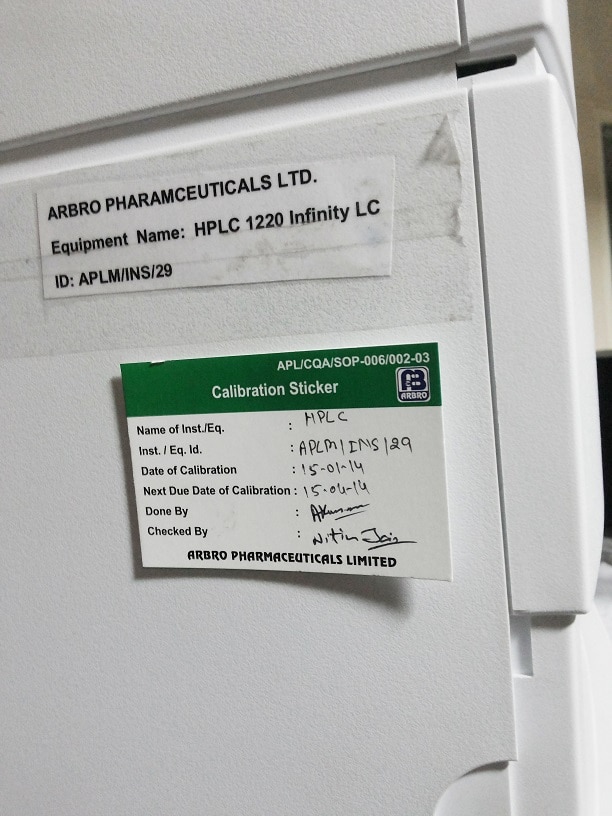
If working standard verification not done on time so what is the check point and recommendations cover in investigation report
The label on standard vial or bottle should bear both date of validation and the next due date. You should use the standard only within its validity. In case it is missed out you should revalidate it before using it.
Are working standard validity based on the preparation date or is it limited by the reference standard expiry date? Thanks
Reference standard is used at least once for making the working standard. It can be used in between if another set of working standards is to be prepared before its expiry date. However, a working standard ‘s validity is fixed from its date of preparation.
Why is it GC standards do not indicate expiration date? How will I know the accuracy of an unopened GC standard purchased 10 years ago?
All standards should have an expiry date. You should buy standards from ISO 17034 accredited suppliers to make sure you get all the required information.
Is it necessary to verify the working standard at the end of its shelf life?